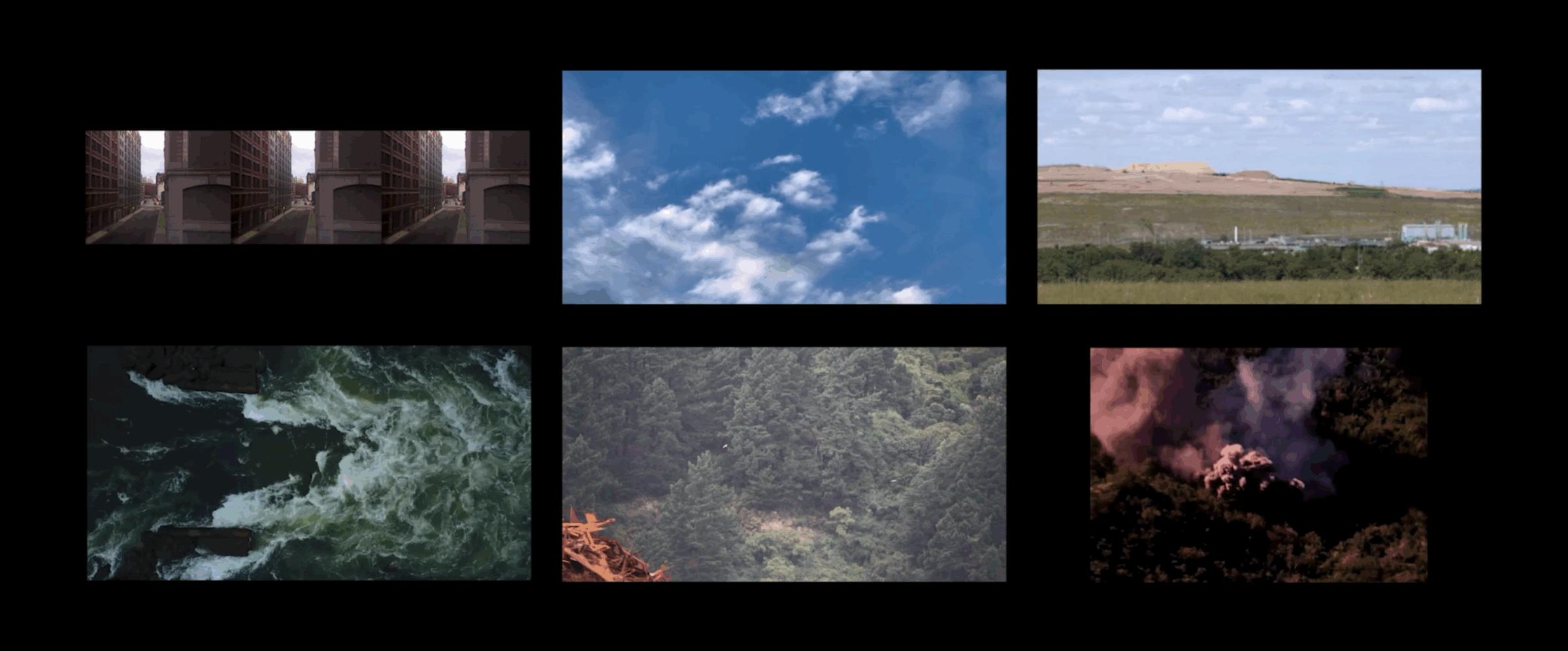Jordan Dopp Awarded Two Travel Grants to Assist Studies in Athens, Greece

Jordan Dopp, a Ph.D. student in Art History, has received two awards to assist her studies this summer in Athens, Greece. Dopp was awarded the 2019 Antony and Isabelle Raubitschek Scholarship, a fellowship to study for six weeks this summer at the Summer Session of the American School of Classical Studies at Athens, the foremost research center for classical art in Greece. Dopp was also awarded a Franklin College Ph.D. Summer Research Award. The award from the American School is nationally competitive and the Dopp is the first student in the history of the LDSOA to receive it.
The 2019 Antony and Isabelle Raubitschek Scholarship in the amount of $2,250 will go towards the tuition cost of the American School of Classical Studies at Athens, Greece, known as the ASCSA Summer Session. The scholarship is awarded to a merit-based member of the 2019 ASCSA Summer Session, which is a highly-selective, rigorous field school in Athens, Greece from June 10-July 24, 2019. This preeminent graduate program in the study of ancient Greek culture is an intensive, 6-week on-site seminar capped at 20 participants in which graduate students gain special access to over 60 archaeological sites and museums throughout Greece. Participants receive instruction from leading international scholars in the field, give on-site oral presentations researched with the unparalleled archaeological resources available at the Blegen Library at the American School, and fully participate in extensive seminar-style discussions throughout regarding the art and archaeology and historical cultures of Greece.
Dopp was also awarded a $2,000 Summer Research Travel grant from the Graduate School at the University of Georgia to support her travel costs to and within Greece during her membership on the ASCSA Summer Session. During her stay in Greece, she intends to directly analyze, photograph, and create a digital database the on-wall paintings in Greece and Macedonia (northern Greece) in support of her current Ph.D. dissertation study. This grant will help her fully participate in the ASCSA Summer Session.
For her Ph.D. research, she is studying Greek mural painting from the Hellenistic period (c. 4th century BCE-1st century CE) using visual and technical methodologies, and the ASCSA Summer Session secures exclusive access to archaeological excavations, preeminent scholars, museums, and storerooms which will allow her to deepen her understanding of ancient Greece history and visual culture. Such an invaluable opportunity will make an immeasurable, lasting impact on the way she thinks about materials she has only studied in the classroom.
Dopp’s interdisciplinary dissertation case-study examines Hellenistic wall painting fragments excavated from newly-discovered domestic residences on the North Ridge in Petra, the cultural capital of ancient Nabataea in present-day Jordan. Located at the meeting point between the Greek world, the Near East, and Arabia, traders moved through Petra to exchange goods, ideas, and visual cultures during the Hellenistic period. Despite the singular state of preservation, there has been no systematic study of wall paintings in Nabataea. Using a range of photographic imaging (visible induced luminescence and ultraviolet) and microscopic analyses on this new corpus, I am currently compiling data on the organic colorants and inorganic pigments, as well as the range of supports, preparatory grounds, underpaintings, and final surface finishes. These analyses will provide new insights into the importation of painting materials, the artistic techniques are artisans employed, and the local adaptation of mainland Greek styles and techniques in Nabataean wall painting.
Examples of new and innovative ancient Hellenistic wall painting styles (c. 4th century BCE- 1st century CE), which form the foundation of her dissertation topic research, are spread throughout Greece. The ASCSA Summer Session offers an invaluable opportunity for her to visit archaeological sites and museums in Greece to investigate these wall paintings first-hand at sites like Pella, Delos, and Vergina. She is interested in how the major shifts in wall painting styles reflect both the shared, broad values (G: koine) in the Hellenistic world as well as the distinct, selective needs of local ethnic identities in specific city centers.





